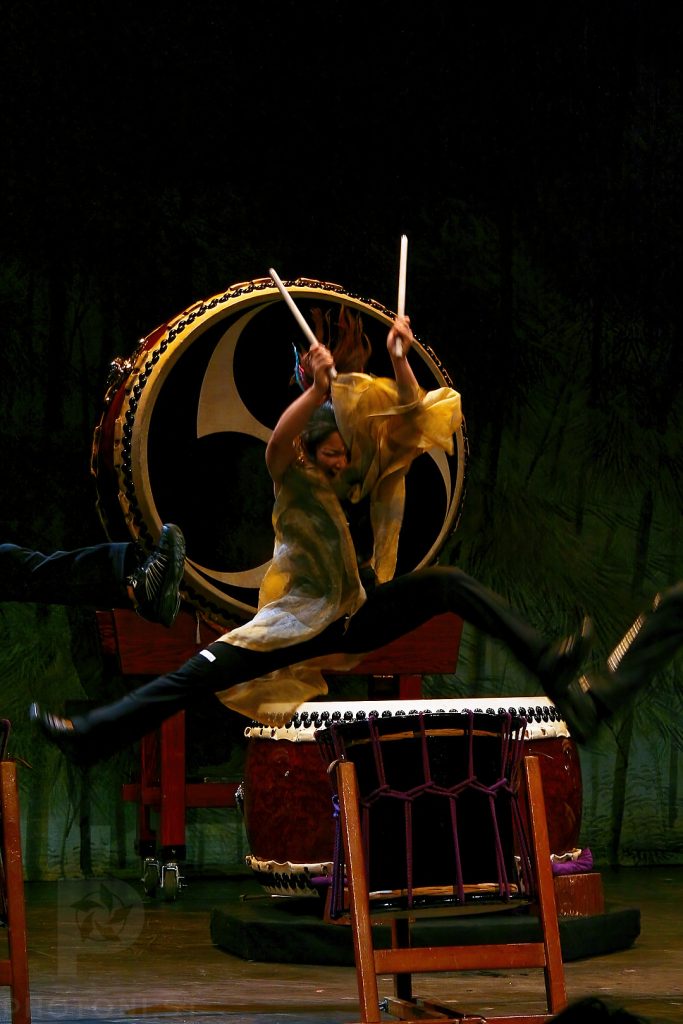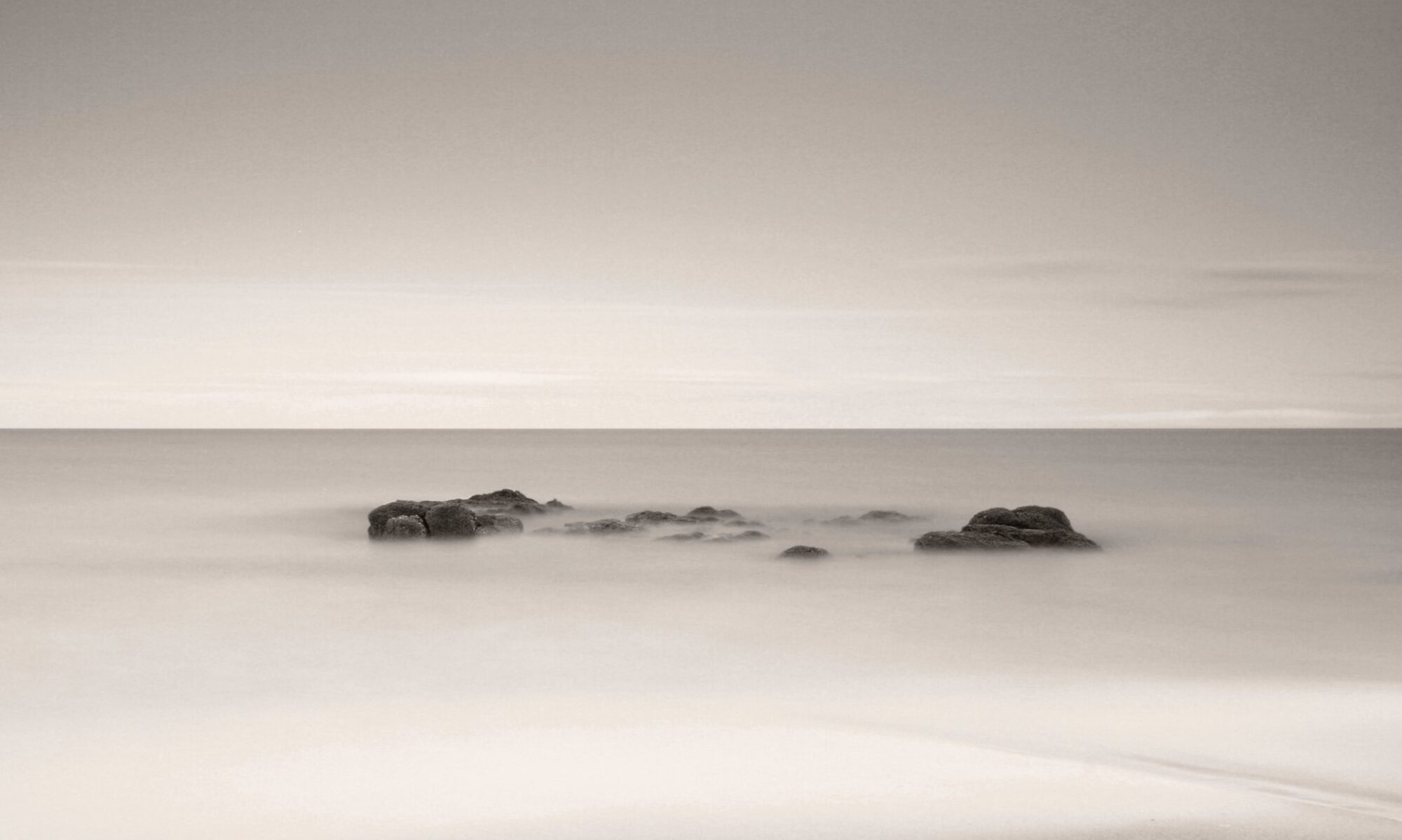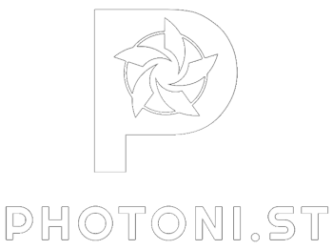Since I started taking photography seriously ca. 2003, the craft has become democratised beyond recognition. Every pocket contains a device capable of producing images that would have required thousands of euros of equipment twenty five years ago. But, I see the same tired shots repeated endlessly: the obligatory sunset, the artfully arranged breakfast, the mirror selfie with calculated spontaneity, the same copycat shots of the masters.
This saturation creates an interesting paradox: we’re drowning in images whilst starving for actual photography. Are we really all photographers?

It is a question I come back to often. Photography is an activity millions of people do every day with their cameras and their phones. I do feel that what I try to do isn’t the same as what people do on FB or most other social media platform. I’m not chasing views, likes, engagement when the vast majority of people do because everybody wants to be an “influencer”. So, what is it that makes what some of us do different?
To be clear, I’m not talking about the distinction between an amateur and being a professional. That distinction is about money. Some amateurs are very good photographers and some pros couldn’t compose a meaningful frame if their mortgage depended on it. Payment simply means someone valued your output enough to exchange currency for it. Nothing more.
Being a photographer isn’t about audience either. Social media has convinced us that photography requires performance, that images exist primarily to generate engagement metrics. But the most profound photographs often languish unseen in archives, their power independent of any viewer count. Ansel Adams didn’t need Instagram validation to understand what he’d captured in Yosemite. William Eggleston didn’t care about people understanding his photos (and sounded like a right pompous ass in the process when he was saying that the only photos he liked were his own).
To me, here’s what separates actual photographers from the army of casual snapshotters: intent.
Intent has two sides: it’s building your photos in advance, and it’s understanding them and your activity after the fact.
Photographers hunt. They don’t stumble across interesting moments; they position themselves where such moments might occur. They understand that compelling images rarely announce themselves with fanfare. Instead, they lurk in the spaces between planned events, in the quiet moments when people forget they’re being observed, in the interplay of light and shadow that most walk past without noticing.
This requires a fundamental redefinition of how you move through the world. Rather than reacting to whatever crosses your path, you begin predicting where stories might unfold. You learn to read environments, to anticipate how people will behave in different spaces, to recognise when ordinary circumstances might yield extraordinary revelations.
You also learn to build a photo in your head before you even leave your house. You imagine something which becomes a craving to create. You know before you do anything what you’re looking for. Then it’s a matter of making it happen.
I’ve already talked about this and I have several draft posts on the subject: shifting between passively witnessing and hunting a pre-existing image takes a while. And then suddenly it clicks.
But as importantly, photographers think about photography itself. They engage with the medium’s history, its limitations, its unique capacity to freeze and re-contextualise reality. In that sense, there are probably more real photographers on Substack than on IG. They understand that every technical choice carries meaning: why shallow depth of field might weaken rather than strengthen a portrait, how grain can add emotional weight that clinical sharpness destroys, when black and white serves the story better than colour. They also understand how to build an image, what makes it emotional, compelling, meaningful.
This metacognitive approach separates serious practitioners from casual users. Anyone can operate a camera, but photographers interrogate their relationship with the medium. They ask uncomfortable questions about their own motivations, about the ethics of observation, about whether their presence changes what they’re documenting.
To me, a photographer is someone who thinks about what they do.
The ubiquity of cameras hasn’t diminished photography’s potential; it’s simply raised the bar for what constitutes meaningful work. When everyone can capture technically proficient images, intention becomes the scarce resource. Purpose becomes the differentiator. Understanding becomes a threshold.
So whilst millions point their phones at the same predictable subjects, real photographers are elsewhere, pursuing something more elusive: moments that reveal rather than merely record, images that question rather than simply document, frames that expand rather than confirm our understanding of the world.
The tools have changed, but the fundamental challenge remains unchanged: learning to see what others miss, then capturing it with enough clarity that others might see it too.
#Photography #Opinion #theory #PhotographyTheory #IMayBeWrong

